
The ability to effectively detect deception is a cornerstone of successful law enforcement, and now, the investigative interviewing techniques used by detectives and intelligence officers are available to everyone thanks to a new paper in the American Journal of Forensic Psychiatry .
The paper’s author, UCLA professor of psychology R. Edward Geiselman, has been studying deception detection for years and has taught investigative interviewing techniques to detectives, the FBI, the Department of Homeland Security, the Marines, the Los Angeles police and sheriff’s departments, and numerous international agencies.
His paper analyzes 60 past studies on detecting deception and also includes original research on the subject. The more reliable red flags that indicate deceit, Geiselman says, are:
- When questioned, deceptive people generally want to say as little as possible. Geiselman says his investigative interviewing techniques are designed to get people to talk.
- Deceptive people may not say much, but they tend to spontaneously give a justification for what little they are saying, without being prompted.
- Liars tend to repeat questions before answering them, likely to give themselves time to concoct an answer.
- They will often monitor the listener’s reaction to what they are saying. “They try to read you to see if you are buying their story,” Geiselman said.
- Liars will often initially slow down their speech because they have to create their story and monitor your reaction, and when they have it straight “will spew it out faster,” Geiselman said. “Truthful people are not bothered if they speak slowly, but deceptive people often think slowing their speech down may look suspicious. Truthful people will not dramatically alter their speech rate within a single sentence,” he added.
- There is a tendency to use sentence fragments more frequently than truthful people.
- Liars are more likely to press their lips when asked a sensitive question and are more likely to play with their hair or engage in other “grooming” behaviors.
- Gesturing toward one’s self with the hands tends to be a sign of deception; gesturing outwardly is not.
- When asked a difficult question, truthful people will often look away because the question requires concentration, while dishonest people will look away only briefly, if at all.
- Have people tell their story backwards, starting at the end and systematically working their way back. This technique, according to Geiselman, “increases the cognitive load to push them over the edge.” A deceptive person, even a “professional liar,” is “under a heavy cognitive load” as he tries to stick to his story while monitoring your reaction.
- Ask open-ended questions to get them to provide as many details and as much complete information as possible (“Can you tell me more about…?” “Tell me exactly…”). First ask general questions, and only then get more specific.
- Don’t interrupt, let them talk and use pregnant pauses to encourage them to talk.
Detecting deception is difficult, Geiselman said, but training programs can be effective. “People can learn to perform better at detecting deception,” Geiselman said. “However, police departments usually do not provide more than a day of training for their detectives, if that, and the available research shows that you can’t improve much in just a day.” Interestingly, he adds that with abbreviated training, “we often make them worse. Quick, inadequate training sessions lead people to over-analyze and to do worse than if they go with their gut reactions.”
Geiselman is currently developing a training program that he hopes will effectively compress the learning curve and thus will serve to replicate years of experience.
Related:
Liar, Liar, Your Prefrontal Cortex Is On Fire
The Dummies Guide To Mind Reading

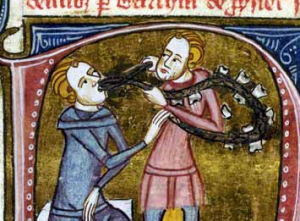




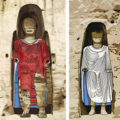

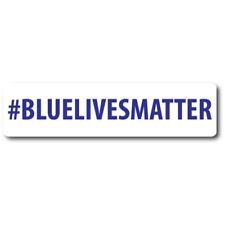

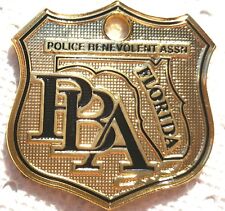
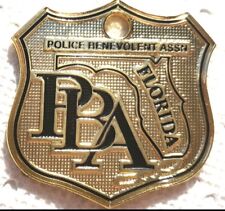

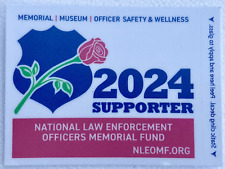
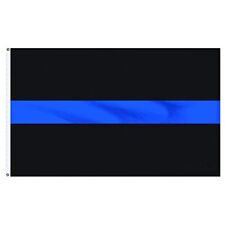
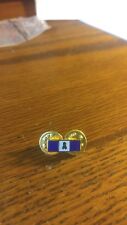
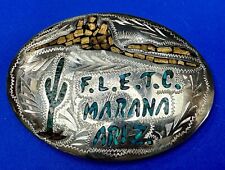

Comments are closed.